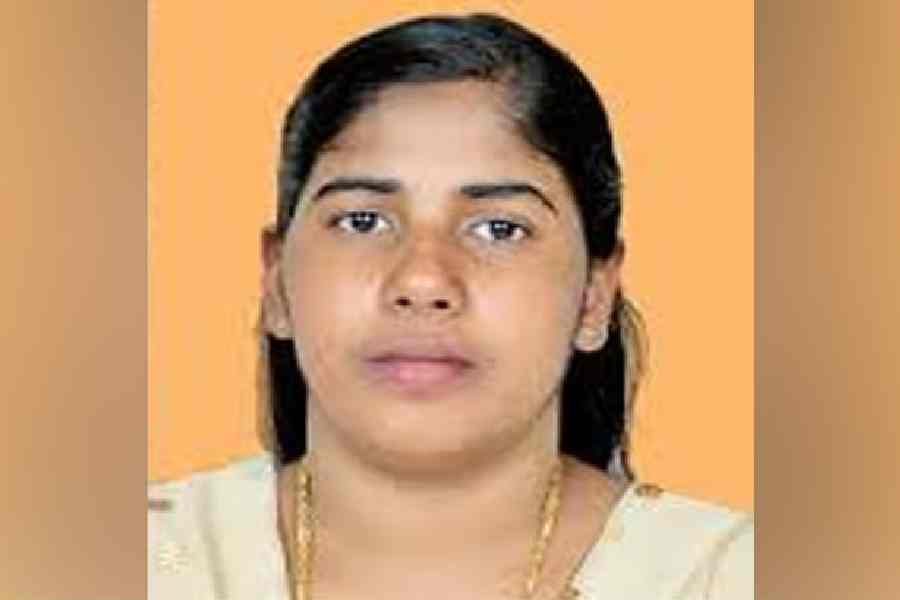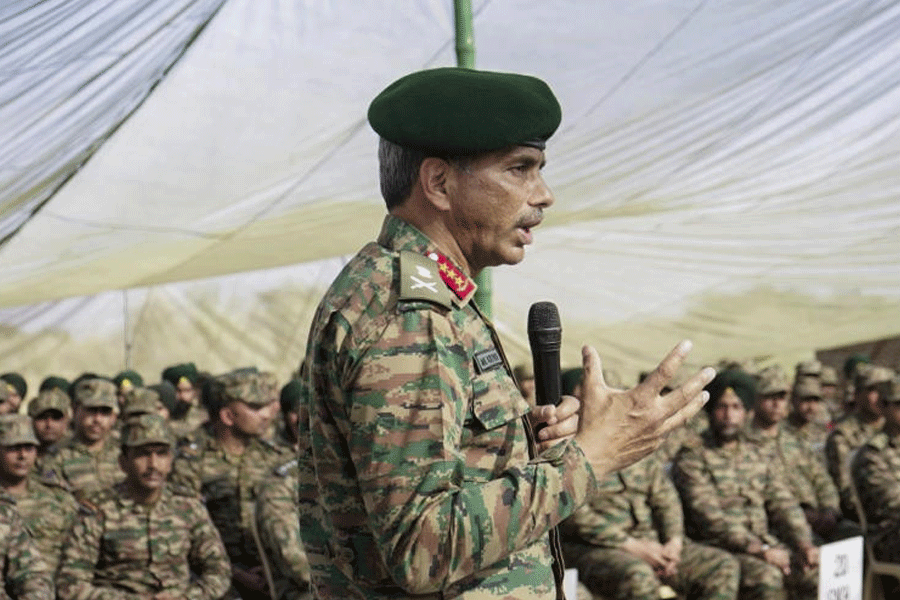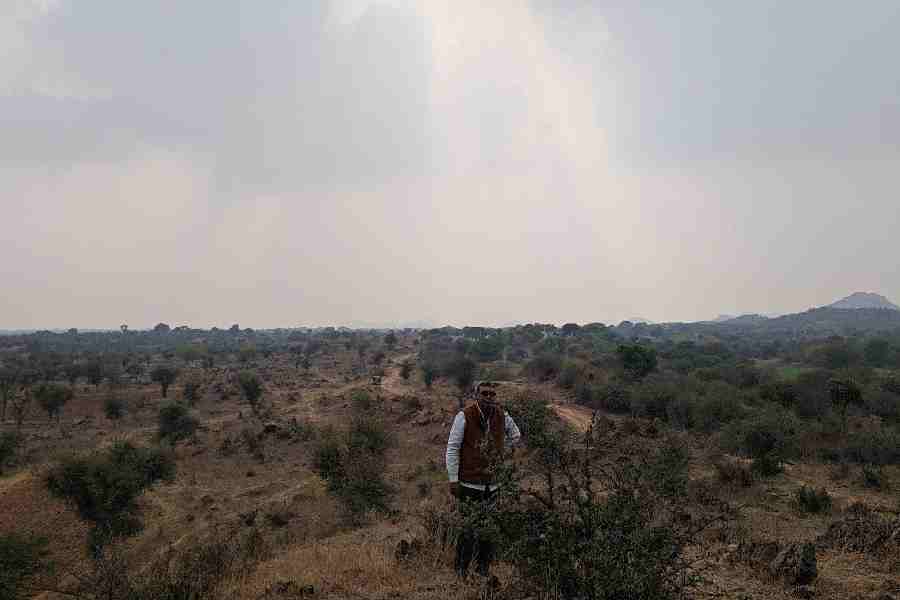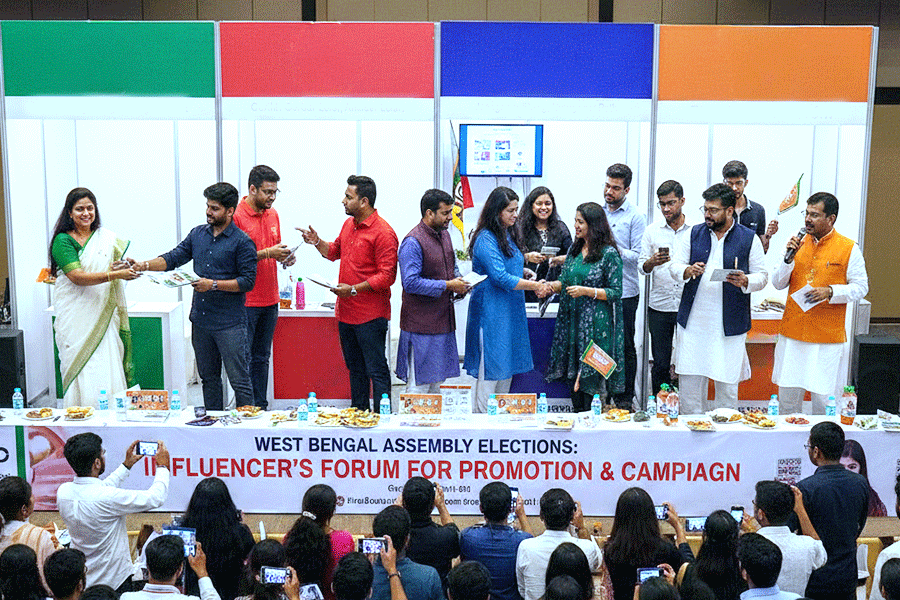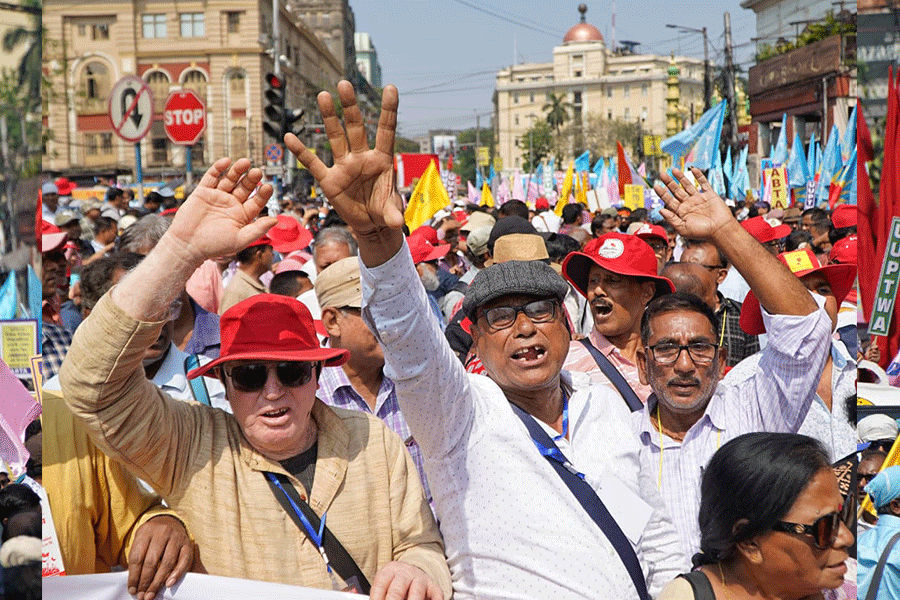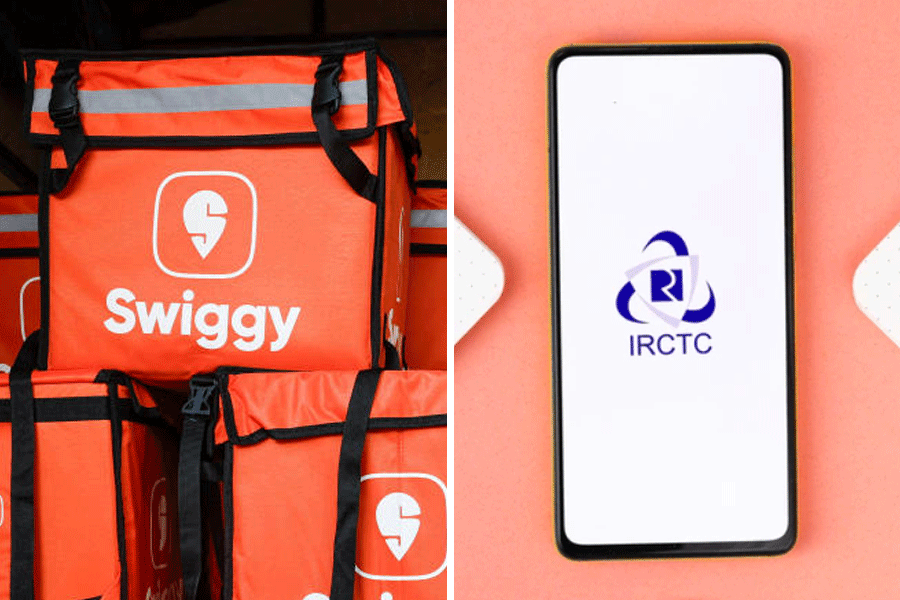The Supreme Court on Thursday asked the Centre and attorney-general R. Venkataramani to apprise it of the steps taken by the government to assist Nimisha Priya, a nurse from Kerala facing execution in Yemen on July 16 for killing her business partner in 2017.
A bench of Justices Sudhanshu Dhulia and Joymalya Bagchi passed the direction after hearing senior advocate R. Basant, appearing for the Save Nimisha Priya International Action Council, seeking a court order to the Centre to save Nimisha from execution.
“List on 14.07.2025 before the appropriate bench. Mr Ragenth Basant, learned senior counsel for the petitioner, shall serve the copy of the petition to the learned attorney-general of India.
“Considering the nature and urgency of the case, we request the Union of India to apprise the court through the learned attorney-general as to the steps taken in the case by the government of India if any,” the bench said after the senior counsel sought urgent hearing on the ground that Nimisha would be executed.
Nimisha is accused of the murder of Yemeni national Talal Abdo Mahdi, who died in July 2017 after she allegedly injected him with sedatives to get her passport that was in his possession. She was sentenced to death by a Yemeni court. She is a “victim of war” as she did not get proper legal assistance during those days of civil war in Yemen, according to the petition filed by the organisation.
“She was forced to sign many confessional documents in the local language (Arabic), which led to her capital punishment. After the sentence by a trial court in 2020, she filed appeals against the death penalty in appellate courts, which were also dismissed by the first appellate court as well as the Supreme Judicial Council of Yemen.
“Now, the only way for her to escape from the gallows is to gain pardon from the family of the deceased by paying blood money to the family in accordance with the law of the land (Shariah Law). It has come to know from the lawyer who represented her before the appeal court that the option for ‘blood money’ is kept open by the first appeal court even while dismissing her appeal,” the petition stated.
Nimisha, a trained nurse, worked in private hospitals in Sanaa, Yemen’s capital city, for a few years. Her husband and minor daughter returned to India in 2014 because of financial reasons. That year, a civil war broke out in Yemen and she could not return to India as the country stopped issuing new visas.
According to the petition in 2015, Nimisha joined hands with Mahdi to set up a clinic in Sanaa. She sought Mahdi’s support because, under Yemeni law, only nationals are allowed to open business firms. In 2015, Mahdi accompanied Nimisha to Kerala when she came on a month-long holiday. During the visit, he stole her wedding photograph, which he manipulated to claim that he was married to her. After she started the clinic, Mahdi started cornering the revenue, the petition alleged.
He threatened her, forged documents to claim that she had married him following his religious law and then brutally tortured her, the petition alleged. Unable to cope with the torture, Nimisha complained to the police. Instead, the police arrested Nimisha and put her in jail for six days. On her return from jail, the severity of the torture increased manifold, the petition said.
“In July 2017, Nimisha took the help of a warden of a jail near her clinic, where Mahdi had been jailed previously under various charges. The warden suggested that she should try to sedate him and then convince him to return her passport. The sedation did not affect Mahdi. She tried sedating him again, using a stronger dose to retrieve her passport, but he died within a few minutes due to a drug overdose,” the petition added.

